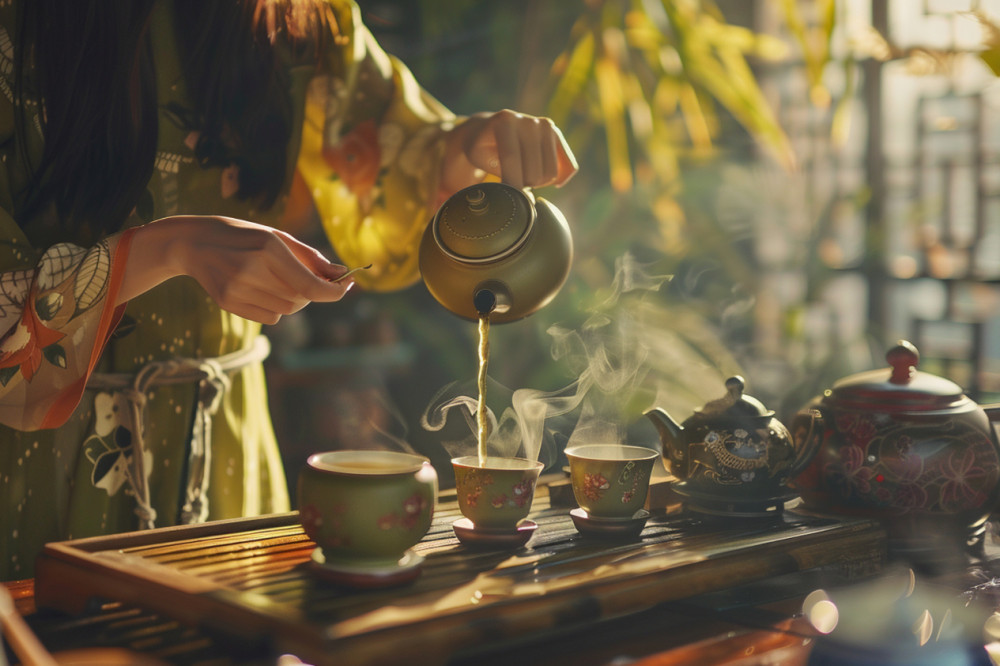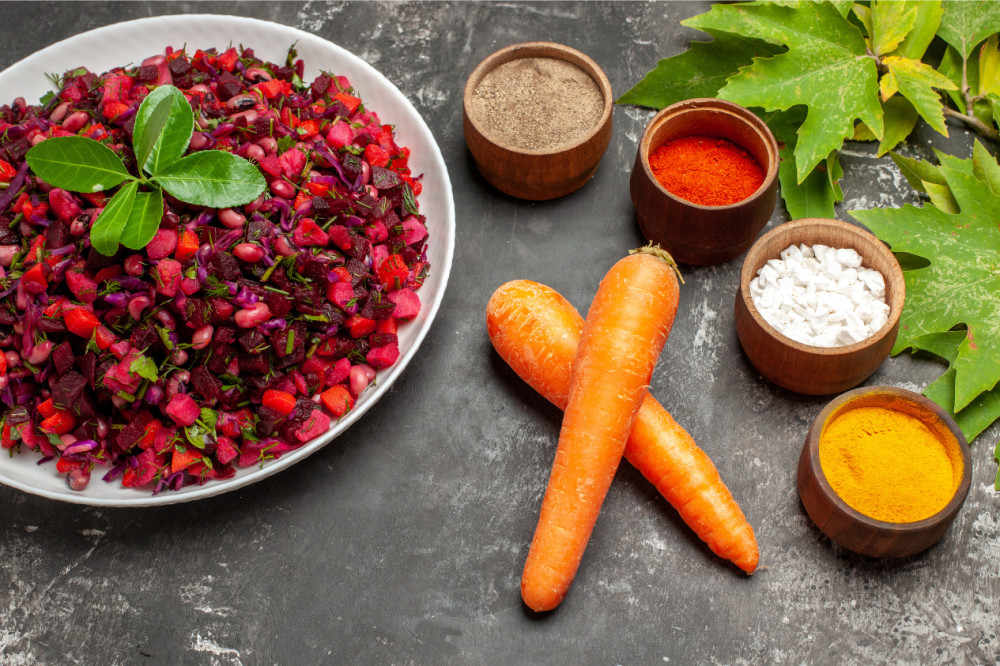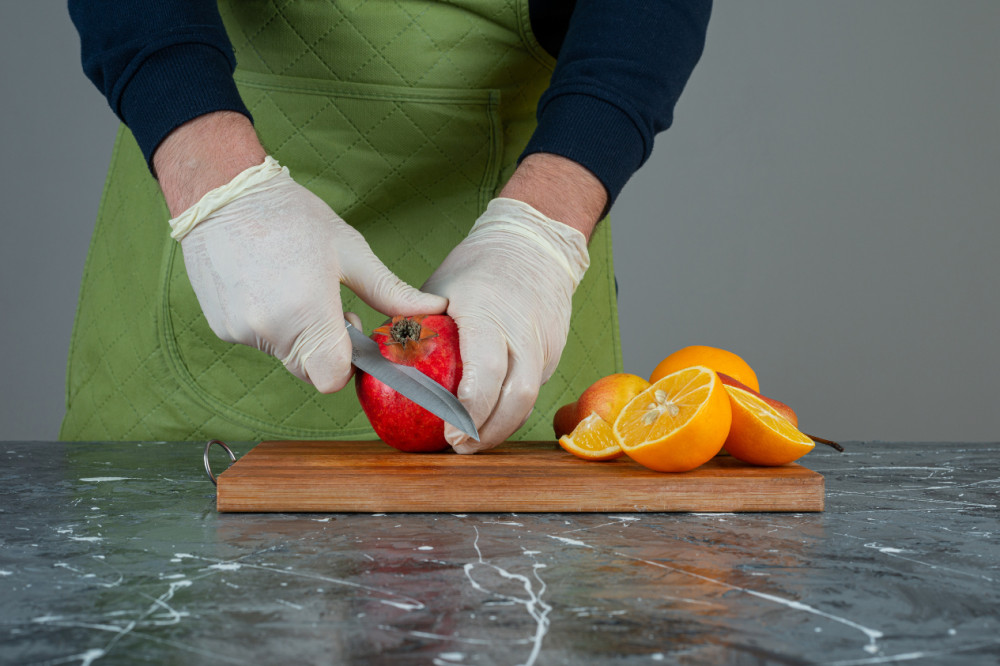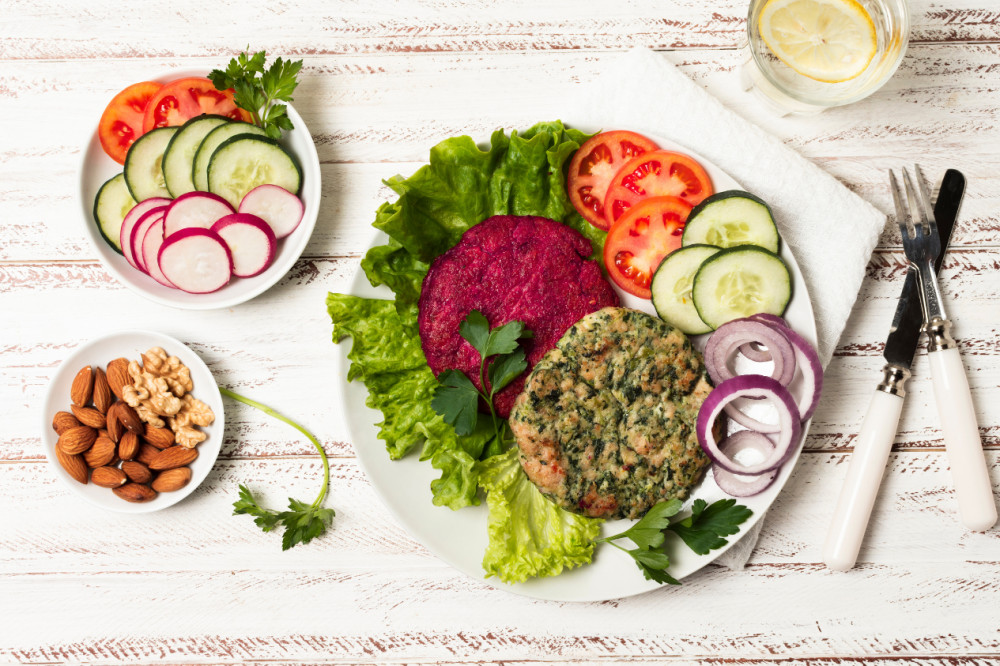
Safe Drinking Water
Safe Drinking Water
Rainproof your health by ensuring pure water
Intro
Monsoon brings with it a bevy of waterborne diseases. Something as simple as your glass of drinking water can turn out to be a potent enemy
July onwards India celebrates monsoons with - a fresh green hue; the pitter-patter sound of rains; the fragrance of wet earth; the piping hot masala chai with the dalwadas; and on the negative downside a plethora of waterborne malaises! Albeit rains are currently playing hide-and-seek as some States are getting more than they need while others are being deprived of drizzles too! But hopefully August will see the Rain Gods shower their mercies evenly.
And once they descend in all their glory they’ll bring along with them a load of diseases, viral and bacterial infections, seasonal allergies and mosquito-borne ailments. It’s critical to bolster our vulnerable immune system; and trust us something as simple as your everyday pure drinking water can weave miracles … with the underlying message here being ‘pure’!
Need for Purifying Water
The water that you get at your tap undergoes water treatment, but to reach your tap, it endures a long journey via old, rusty and dirty pipes leading to chances of rust, germs and impurities of different types creeping into the water. Although such water can be used for washing, bathing, cleaning etc., but it’s definitely not recommended for consumption.
Foodism lists out some water-borne diseases … hope this gives a much-needed jolt to those who suffer from a laid-back attitude towards water purity –
- Polio
- Malaria
- Cholera
- Dengue
- Scabies
- Typhoid
- Anaemia
- Botulism
- Fluorosis
- Trachoma
- Hepatitis
- Diarrhoea
- Leptospirosis
- Dracunculiasis
- Lead poisoning
- Lymphatic filariasis
- Hookworm infection
- Ring Worm or Tinea
Add to this the indisputable fact that rain water seepage through different points leads to water contamination. And when consumed for a long term this contaminated water may end up causing irrevocable damage to your lungs, kidneys, liver and bladder.
Ways of Drinking Water During Monsoons
The general presumption is that the body’s water requirement is comparatively less in the rainy season vis-à-vis scorching summers. Agreed, but yet the body demands its daily requisite of this elixir.
So Foodism shares some healthy ways of consuming water in monsoons –
- Add purifying herbs to transform your drinking water into a natural detoxing agent
- Follow grandmother’s sound advice of storing drinking water in copper vessels or silverware as the minerals in these have long been associated with good health. Moreover the add-on is that these vessels supplement the anti-bacterial properties of your drinking water
- A delicate digestive system is a major complaint during monsoons so replace chilled water with lukewarm water and keep sipping it through the day. A word of counsel - consume water after your meals and not just before or in-between meals. And if this water is lukewarm then rest assured that your food will be properly digested!
- Spike your drinking water with anti-bacterial and immunity-boosting herbs like - neem leaves, basil, ginger, lemon et al.
- A golden rule to be followed for all twelve months of the year is to sip water (your daily quota being 2 litres) rather than gulping down half a bottle at a go and then staying without water for hours
Methods to Purify Water
Some basic DIY ways to ensure that the water being consumed by your family is palatable, safe and clean in the real sense of these terms include –
Boiling
This is mooted as one of the traditional, easiest, most effective, and well-tried and tested methods of disinfecting water. Continuously boiling water for at least 5 minutes is purported to destroy most of the micro-organisms like bacteria, viruses, protozoan and other pathogens.
Chlorine Tablets
Chlorine is touted to be a good water purification agent. Simply pick up chlorine tablets from the market, place them in the water container and stir for some time. Voila! The water becomes clean, clear and fit for consumption just after 4-5 hours.
Tip – One 20 mg tablet is sufficient to treat 5 litres of water
Fitkari (Alum) for Sedimentation
Turbid and unclear water supply is a common monsoon phenomenon. Let’s re-visit our school learnings regarding sedimentation … it is a process for removing turbidity in water by making the suspended particles settle down. Right? Now let’s add a touch of the practicality gained from our worldly experience and quicken this process of sedimentation by roping-in alum (fitkari) which is easily available in the local grocery stores. Just place a small piece of alum in a container of contaminated water and let it remain untouched for a couple of hours. And once the impurities collect at the bottom of the vessel, carefully transfer the clear water into another utensil.
Bleach
Bleach can apparently kill some, but not all, types of organisms present in water. The modus operandi is quite simple – add 8 drops of regular, unscented, liquid household bleach (which households use for clothes) to 4 litres of water; stir the water well; and let it stand for 30 minutes before using it.
Water Purifiers
Another hi-tech, practical and feasible way of beating the water blues is by installing a high-quality water purifier which would help you to keep water-borne diseases at bay! A water purifier can quickly and efficiently remove the organic and inorganic impurities present in the water. The market offers a plethora of options in this segment basis –
- Installation - Table top or wall mounted
- Operation - Electric or gravity-based
- Functionality - Reverse osmosis, ultra violet, ultra filtration, activated carbon and sedimentation
So just brainstorm with your family, take feedback from users among relatives and neighbours and zero-in on the most appropriate model. And post installation of the water purifier, simply turn on the faucet and access clean and healthy drinking water.
Remember that untreated water, when consumed may result in illnesses like food poisoning, typhoid, viral infections et al. In the times of the pandemic we need to keep our immune system sturdy and free to fight the Coronavirus so let’s not overload it with the task of fighting these water-borne infections also!
Related Blogs

Why Local Ingredients Make Every Recipe Better
74 Views

Tea Beyond Borders: Unique Brews from India & the World
71 Views

Root to Rise: Winter Recipes with Carrot and Beet
71 Views

Kitchen Hygiene 101: Food Safety We Often Forget
206 Views

Plant-Based Revolution: Dishes That Don’t Miss Meat
236 Views